|
...with citations. This piece came about as a sort of side product of my solo show, “Ladies At A Gay Girl’s Bar, 1938-1969.” The solo show is all about the feels - or, as it says in my grant applications, about exploring the emotional landscape of femmes in mid-century working class lesbian communities. Parts of this piece do show up in the solo show. But I had an aha moment about the eternal question "are femmes really gay" that didn't quite fit. Hence, my “TED Talk.” Below is the piece as I performed it, with links to further info for all you nerds out there. Books and stories give us windows of possibility as queer people. “We Walk Alone Through Lesbos’ Lonely Groves” by Ann Aldrich came out in 1955. Ann Aldrich is one of the many pen names of Marijane Meaker, one of the first lesbian pulp writers and a lesbian herself. This book had a tremendous effect on how lesbians saw themselves and their communities. If you didn’t fall in love with the girl across the hall or stumble into a gay bar, this book could be a guide to figuring out who you were, who your people were, and what you could do about it. I want to share what this book has to say about femmes. “The best way to describe a femme is to say that she seems always to be on the verge of something. A butch is an expensive dependent, and the fem often talks about the break she is on the verge of getting, which will provide her and her lover with those luxuries for which they dare to hope. The fem is on the verge of femininity - she too is a caricature - this time a caricature of womanliness. Her perfume is a little too heavy, her hats are a little too zany, her makeup is overdone, her walk exaggerated, her speech affected. Her effort to be a feminine being is too concentrated. Fems try hard to look, act and be ladies, but they never quite succeed. While she is attracted to the girl who can look more mannish than any other, she is repelled by men. “ It reflects the narrator's prejudices. Against butches, femmes, sex workers. By today’s standards, the whole thing feels self-loathing. A white woman, she writes about people of color as others, if at all. A huge part of her disdain for femmes and butches is based on their working class roots, their embracing of their queerness, their refusal to assimilate while upper class lesbians carried out discreet affairs. Excessive. Overdone, zany. Trying to be a lady, but categorically unable to succeed because in 1955, you can only be a lady if you are, at bare minimum, not repelled by men. Excessive. Overdone. Zany. That’s what we like about femme, isn’t it? We love femmes here, today at Oberon. We love the entire spectrum of amazing, incredible things that femme can mean now, and the narrower, also amazing, incredible, roles that femmes played in lesbian communities in the past. But not every day is the Femme Show. Sometimes we’re told we don’t belong. I've been trying to figure out why. Trying to figure out what happened before and after Ann Aldrich that got us to where we are. There are many answers, and some very specific ones can be found in books that gave lesbians images of themselves. While we’re talking about books, we can go back to 1928 and The Well of Loneliness - the tale of a butch or “invert” who sacrifices her own happiness so the feminine woman she loves can find happiness with a man. But the trope of a predatory, masculine lesbian in love with a “normal” feminine woman shows up in American media as early as 1892, when the murder of Freda Ward by her masculine fiancee Alice Mitchell captivated America - If they had true crime podcasts in the 1800s this would have been a hit. (There’s a great book about it by Alexis Coe ) So, I come out in 1998, a crunchy hippie girly girl, I start looking for dykes, looking for role models, and I find them in pretty expected places - the athletics department, folk concerts, coffee shops. Then I try to read every gay book in the state library system. And the more i read, the more confused I am about femme, about where my femininity fits, if it’s something I can hold on to or if it needs to be cast aside. By now, the idea that a lesbian is a masculine person who falls in love with straight women is generations old. The idea that femmes don’t belong here.* No wonder the political activists and Xena Warrior Princess fanatics who were my lesbian role models told me I wore dresses too much. No wonder i felt so alone, so unseen, in my queer community in the 2000s. No wonder, as i started to learn about queer history, especially the mid 20th century working class butches and femmes who are the forgotten vanguard of lesbian visibility, I also read that the femmes weren’t really considered gay. According to butches AND femmes at the time, femmes weren’t trustworthy, weren’t committed to the life. If it was easier to marry a man, they went off and married a man.
But when they walked down the street with a butch, there was no mistaking who they were and why they were together. The femme is an essential piece of the equation. Yes, some did marry men. But I refuse to believe that all of them did. I refuse to be parted from the rich history of butch-femme resistance. When we think about our pre-stonewall forebears, I want us to remember that there were femmes showing up every night, every weekend, to bars and house parties, because they loved women - because their desire for women, for butch women, was stronger than homophobia, stronger than patriarchy. And what could be gayer than that? *I’m indebted to Marie Cartier’s Baby, You Are My Religion for noting how widespread and fundamental the trope of the straight femme became in the popular imagination.
0 Comments
Leave a Reply. |

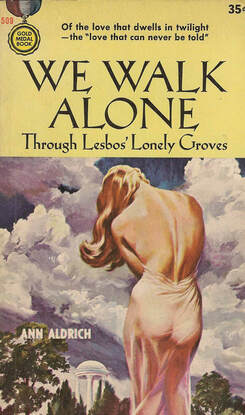
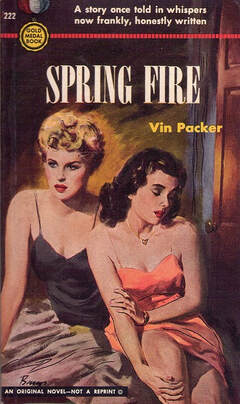
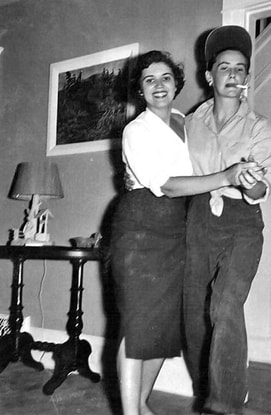
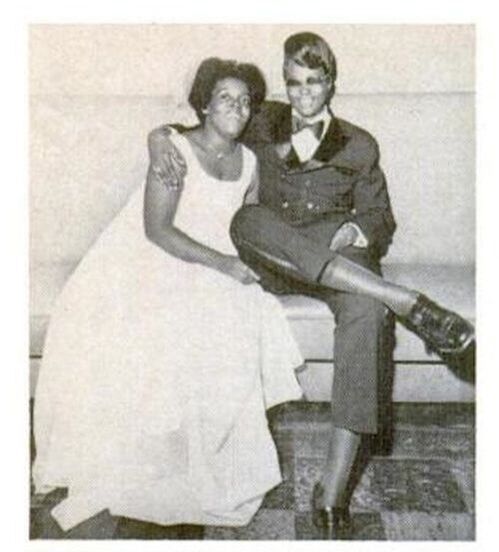
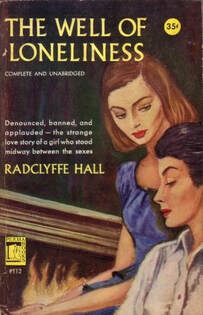
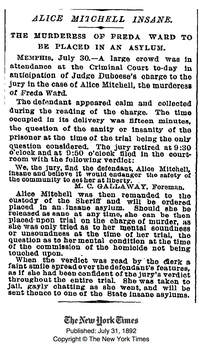
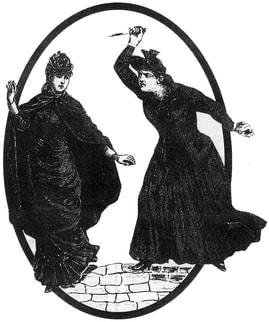
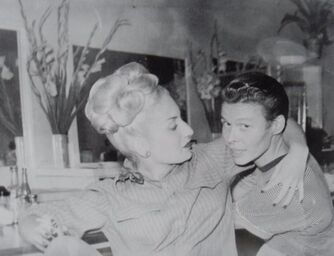
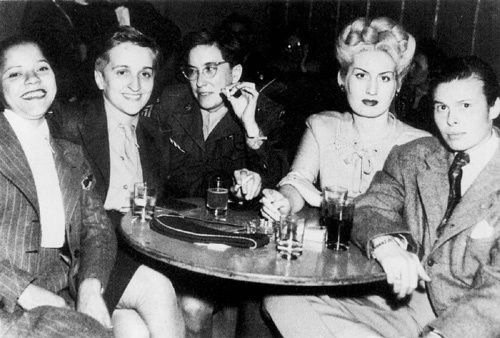
 RSS Feed
RSS Feed